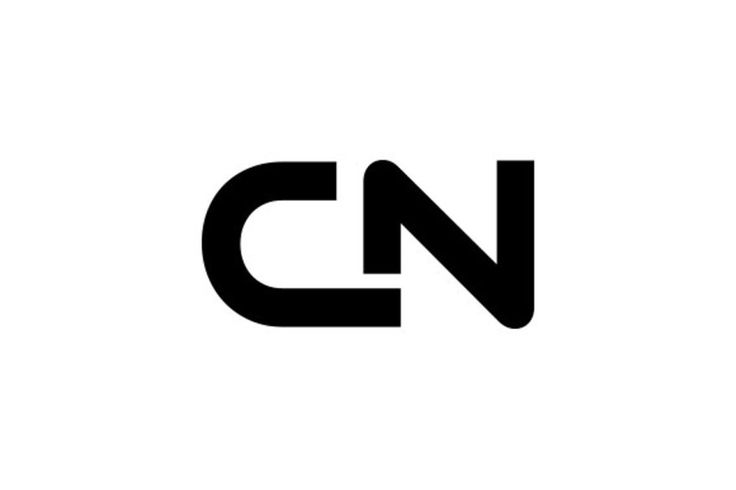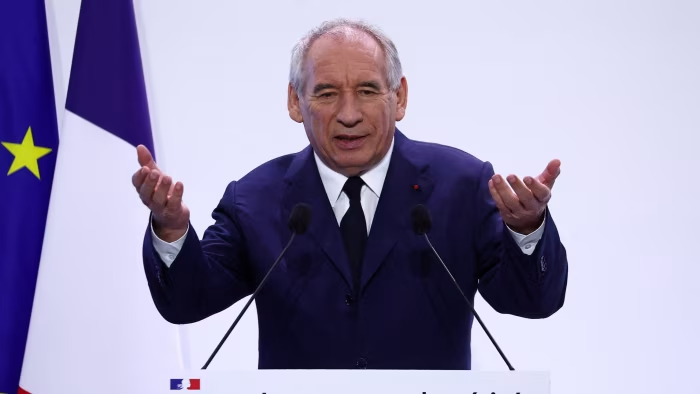Spain secures opt-out from new Nato spending goal, says Sánchez


Prime Minister Pedro Sánchez said he had sealed a deal with Nato allowing Spain to opt out from a requirement to increase its defence spending to 5 per cent of GDP, the target demanded by US President Donald Trump.
Sánchez announced the deal in an “urgent” address to the Spanish people on Sunday, just days after he wrote a forthright letter to Nato secretary-general Mark Rutte refusing to meet the new spending goal.
The Spanish premier, whose country was falling short of Nato’s current target of 2 per cent of GDP, said the deal “safeguards Spain’s sovereignty while ensuring the success of the Nato summit” due to take place on Wednesday in The Hague, where allies are expected to sign up to the 5 per cent goal.
Sánchez’s announcement raises questions about what Nato members will agree at a meeting whose sole purpose was to show unity and commit to Trump’s demand.
A Nato official said discussions among members ahead of the summit had concluded, and allies had agreed a statement including a “defence investment plan” centred on the 5 per cent of GDP target.
Nato decisions are only taken by consensus. Sánchez’s opt-out rests on a change to the Nato statement from “we” to “allies” in the sentence referring to the pledge to spend 5 per cent of GDP on defence by 2035, two officials involved in the negotiations said.
Calling the deal “very positive”, Sánchez said: “Spain is not going to spend 5 per cent of its GDP on defence, but its participation, weight and legitimacy in Nato remain intact, with all the duties, and all the rights, that entails.”
Sánchez’s announcement will make the Nato discussion awkward for other defence spending laggards such as Italy, Belgium and Portugal, which will also struggle to meet the 5 per cent target.
He argued that Spain would be able to meet all its obligations to Nato, including personnel, military hardware and infrastructure, by spending the equivalent of 2.1 per cent of its GDP on defence — “no more, no less”.
In a new letter to Rutte on Sunday, Sánchez said Spain would accept a draft summit declaration circulated earlier in the day on the understanding that Spain’s “commitment” refers to it meeting agreed targets on military capabilities “regardless of the share of GDP that entails”.
The prime minister announced in April a €10bn plan to boost Spain’s defence spending to 2 per cent of GDP this year.
Spain, a country with a strong pacifist streak, has led behind-the-scenes resistance to a rush to increase European defence spending even further under pressure from Trump, but its opposition burst into the open last week with the publication of Sanchez’s letter to Rutte.
In the letter the premier asked that Spain be excluded from the application of any new spending target agreed at the summit, or that Nato use a more flexible formula that “makes the spending target optional”.
“Going from 2 per cent to 5 per cent,” he said on Sunday, “would force us to cross our red lines, would force us to either have to drastically raise taxes on the middle class, or severely cut the size of our welfare state”.
The Socialist premier spoke as his government is roiled by a swirl of corruption allegations.
They include claims against his wife and brother as well as allegations last week that his former right-hand man Santos Cerdán took kickbacks on public construction contracts. All deny wrongdoing.
Miguel Tellado, a senior lawmaker in the opposition People’s party, said Sánchez’s Nato announcement “was not an appearance to talk about foreign policy, but to take the focus away from domestic politics”.





